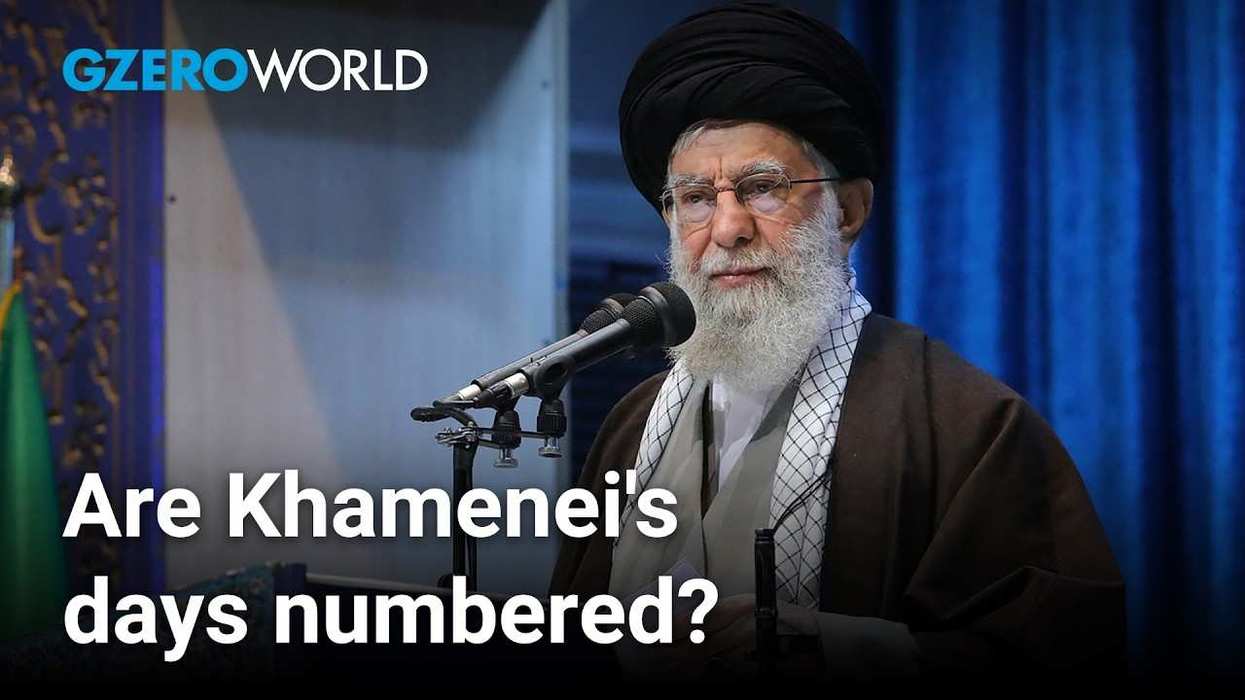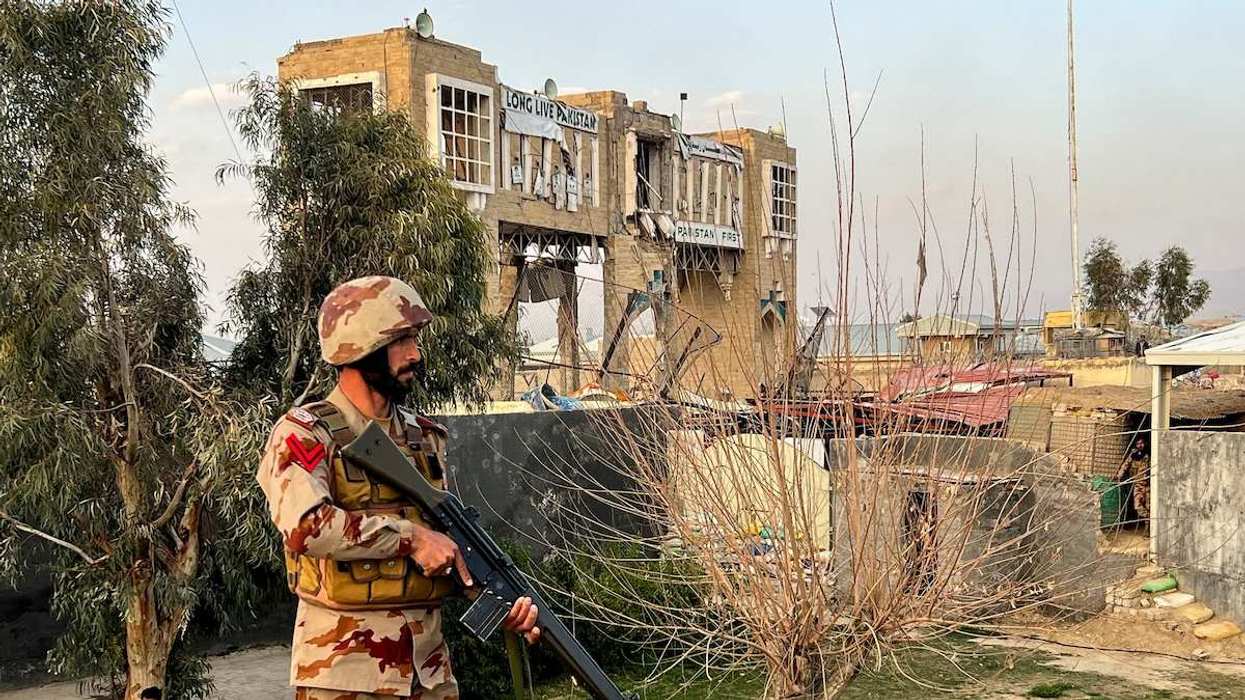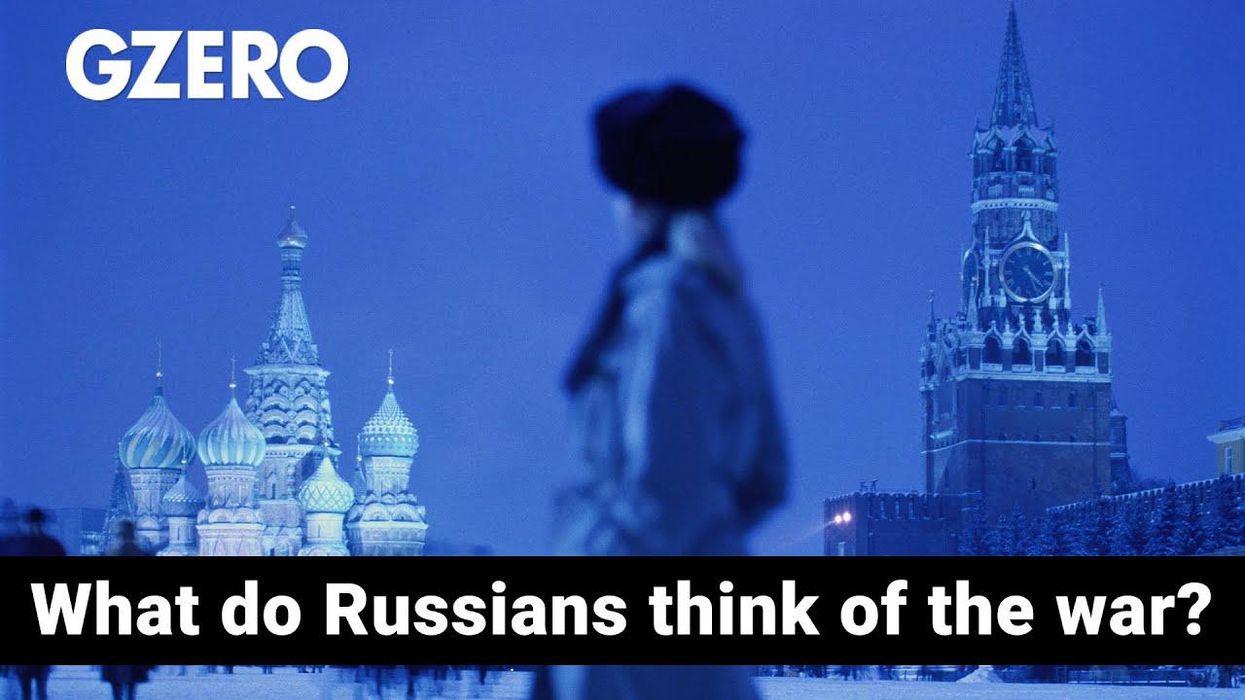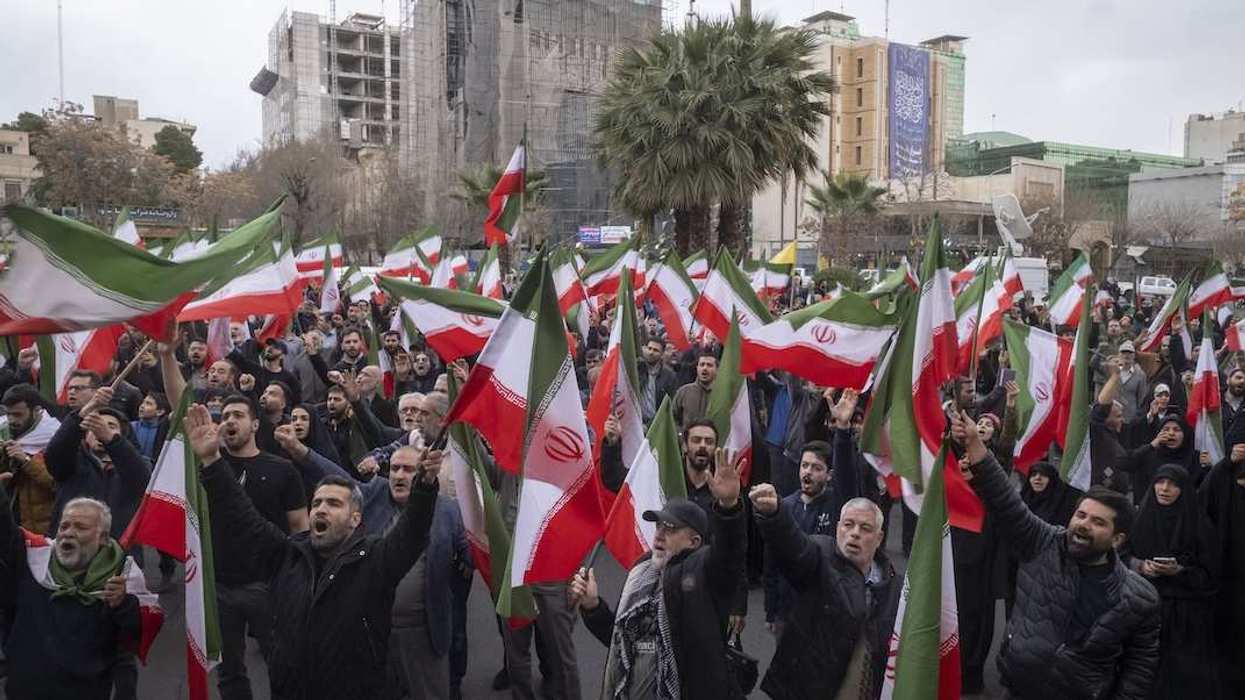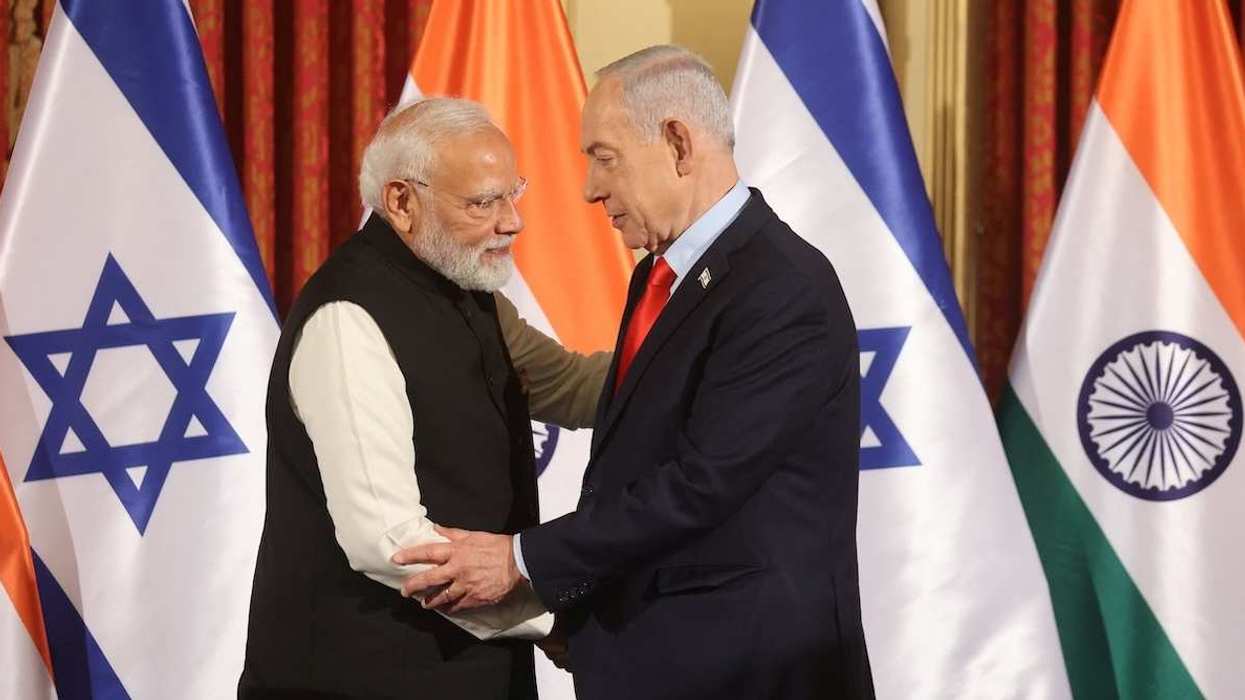Venezuelan President Nicolás Maduro continues to ignore calls to produce proof of his disputed election victory, even after calls to do so from more moderate left-wing pals in Latin America, such as Brazil, Mexico, Chile, and Colombia.
Instead, his government has unleashed a harsh crackdown, arresting more people in the past 10 days than it did in five full months of mass protests back in 2017.
One thing emboldening Maduro is support from key outside players like Russia, China, and Iran — all of which have helped with energy deals or arms cooperation – and Cuba, whose fearsome spooks help Caracas quash dissent and maintain power in exchange for cheap oil.
In the wake of this most recent, egregious electoral fraud, the US and EU will likely apply more pressure on Venezuela, isolating it further.
But that, says Risa Grais-Targow, a Venezuela expert at Eurasia Group, only “makes Maduro more dependent on those foreign allies.” Chinese and Russian oil companies can step in, she says, if the US tightens sanctions on Venezuelan production again.
In other words, if the price of maintaining power is being “isolated,” it’s an isolation with powerful backers that Maduro can live with, whether Washington and Brussels like it or not.


